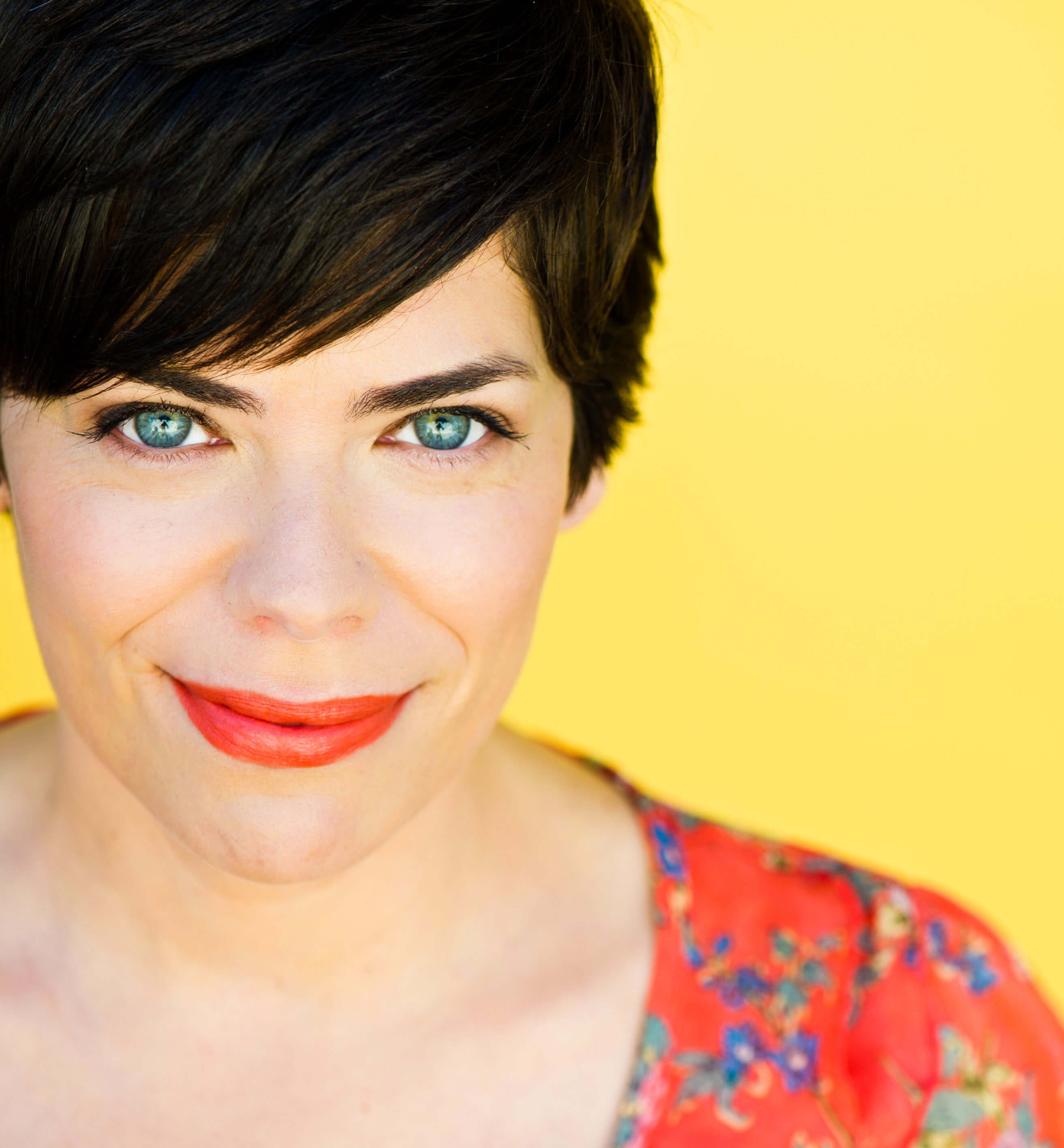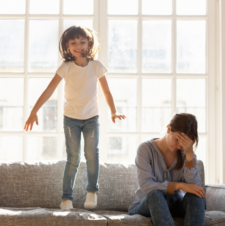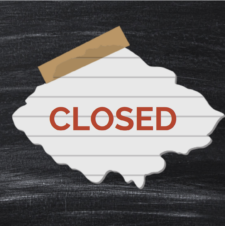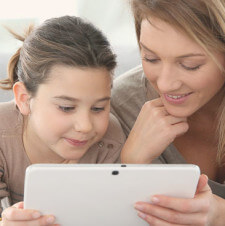Notes on a Raising a Multi-Cultural Kid
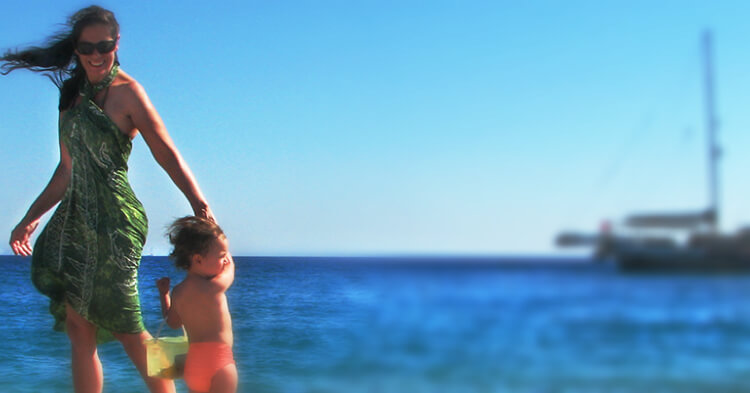
Embracing our cultural differences, here are our notes on raising a multi-cultural kid.
I’m from New Orleans. My ancestors are a mixed bag, coming from as far away as Spain, France and the Canary Islands, and as close to home as the Chitimacha Indian Tribe, so I have always proudly referred to myself as a mutt. My husband is from Istanbul, Turkey and with his ancestry comprised of 4 diametrically, politically opposed nations (Kurdish, Turkish, Syrian and Greek), it’s a massive lesson in compassion that his lineage even exists at all.
My husband and I embrace our cultural differences. They are distinct and beautiful and we try to impart the variety of customs and traditions to our daughter while also creating new ones.
Living in Diversity
We are blessed to live in one of the most culturally diverse cities in the world! Los Angeles has a very large and active Turkish community, as well, and we have built quite a beautiful network of friends in the almost two decades we have lived here. In addition, we have numerous friends who are also raising children in a multi-cultural family from Chinese to Mexican, Filipino and Indian, an essential example to our kids of the ever-changing landscape of what family looks like. We have all bonded together to form a nurturing environment in which to raise our tribe’s children.
Multi-Cultural Cuisine
The kitchen is one place where the diversity of our cultures is highlighted in our house! Any given week, we are serving up the United Nations of food, from red beans and rice to mücver. I have embraced Turkish cuisine, and have mastered an arsenal of traditional recipes, but I also enjoy experimenting with my own take on the various Turkish and Southern cuisine flavor profiles.
Speaking in Tongues
A priority for us from the very beginning was ensuring our little peanut would have the ability to speak to her Turkish relatives in their native tongue, giving her the ability to absorb her Turkish roots. My husband only speaks to the baby in Turkish and I try with only about 40% success to speak to her in Turkish, but we are rapidly discovering that as her language progresses, my tarzanian Turkish is not enough to ensure her fluency in the language. Rosetta Stone is a great tool, but I’ll be signing up for Turkish language classes this summer, for sure!
In the end, I hope that my daughter’s experience of being raised in a Multi-Cultural family will allow her to be a conscious, global citizen who has an empathy, understanding and appreciation of the diversity of the world she lives in, integrating herself into the large world tapestry of cultures and traditions.
READ MORE FROM THE FAMILY ROOM
Pin it for later:
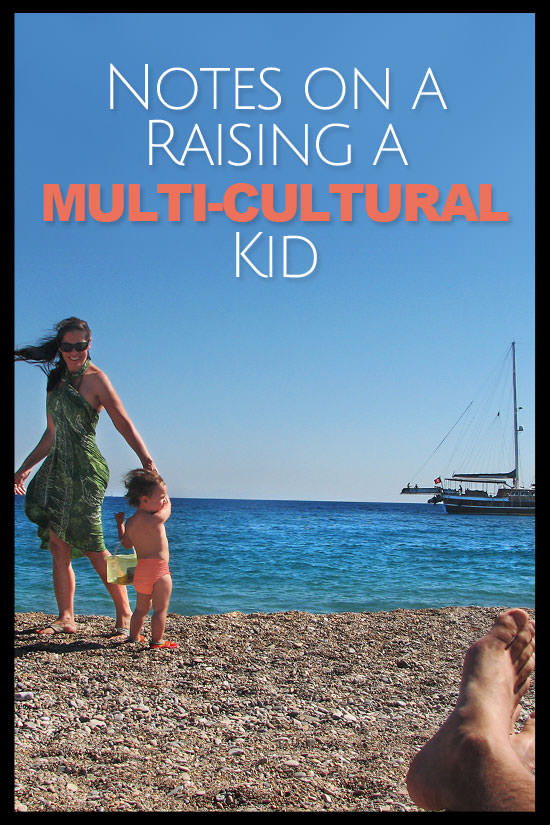
This post was syndicated with permission.
